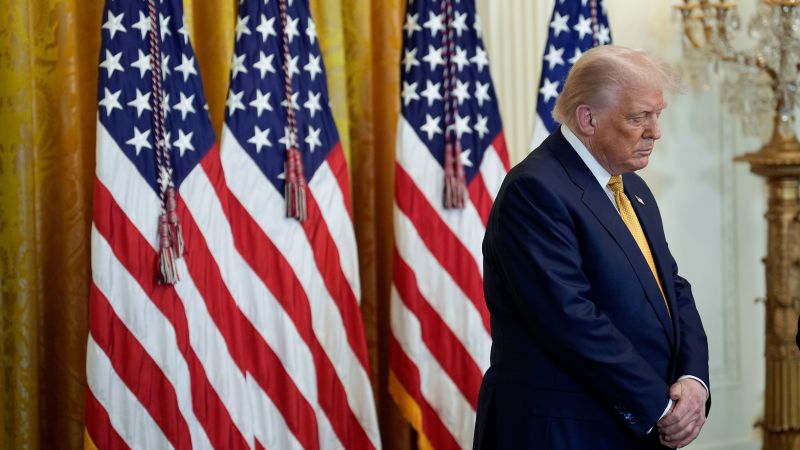In a recent memorandum issued by the Office of Personnel Management (OPM), the Trump administration has taken significant steps to empower federal workers regarding their religious expression at the workplace. This new policy, articulated by OPM Director Scott Kupor, allows federal employees to promote their religious beliefs, display religious items at their workspaces, and engage in both individual and group prayers, thus reinforcing the administration’s commitment to religious freedom in federal operations.
This guidance emphasizes that federal agencies are encouraged to facilitate personal religious expressions among their employees to the maximum extent feasible. The memorandum specifies that such expressions should only be limited if they create an “undue hardship” on the agency’s operations. This nurturing approach to religious freedom opens a horizon for federal employees to engage in peaceful discussions about their faith, encouraging them to articulate the beliefs they hold dear. However, it also inclusively signifies the importance of respecting boundaries; if an employee does not wish to engage in discussions of faith, their concerns should be honored, thereby prioritizing respect and consent in matters of personal belief.
Moreover, the memorandum extends permissions for employees to invite colleagues to religious gatherings and facilitates collective prayers in workplace settings when employees are not on duty. Practical examples provided include a park ranger leading a prayer while on a tour or a doctor saying a prayer over a patient in a Veterans Affairs hospital. Employees are also permitted to display religious symbols or items on their desks, thus allowing them a visible representation of their faith.
In light of this policy, OPM has advised federal agencies to revisit and, if necessary, modify their internal policies to adequately safeguard the right to religious expression amongst federal employees. This initiative aligns with existing federal laws that already offer protections for such expressions in workplaces. Notably, Title VII of the Civil Rights Act of 1964 prohibits discrimination based on religion and mandates that employers accommodate employees’ religious practices unless doing so poses an undue hardship.
In his statements regarding the memorandum, Kupor articulated a vision for the federal workplace: one that is not only compliant with legal mandates but also welcoming to individuals of varying faiths. The administration sees these actions as part of broader efforts to promote religious liberty, evidenced by earlier initiatives, including the formation of a Religious Liberty Commission and a task force focused on eradicating anti-Christian bias.
President Trump, during a prayer breakfast in Washington, made headlines by asserting that his administration is about reinstating religious values in public life. This stance is reflective of a broader trend within the administration, which prioritizes the recognition of religious identity as a fundamental aspect of American life.
With the recent directives and established framework for religious expression at the federal level, there remains an ongoing discourse about the balance between upholding personal freedoms and maintaining secular workplaces. The administration’s efforts, particularly in allowing federal workers to manifest their religious identities, present a considerable shift in policy, prompting discussions about inclusivity, respect, and the essence of religious freedom.
In conclusion, while the new memorandum certainly serves to champion the rights of federal employees to express their faith in the workplace, the implementation and reception of this guidance will be closely watched by various stakeholders. The importance of navigating these changes with sensitivity to the diverse beliefs held by federal workers cannot be understated. Understanding and respecting the nuances of religious expression will be paramount in forging a workplace environment reflective of America’s rich tapestry of faith, thus ensuring that federal workplaces remain inclusive for all.











